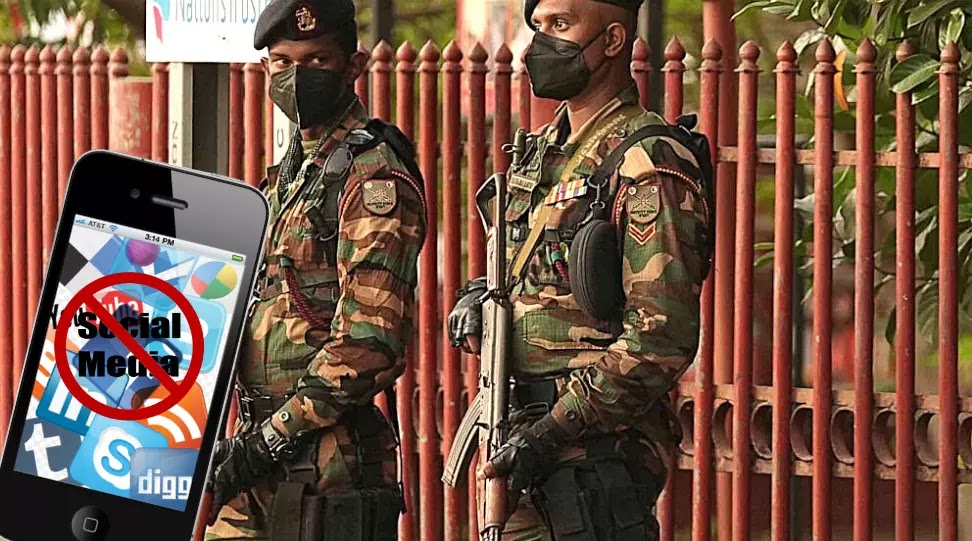Sri Lanka blocks social media amid calls for more protests
SRI LANKA - Sri Lanka has closed access to various social media platforms to prevent further protests accusing the government of the worsening economic crisis.
Most internet users in Sri Lanka do not have access to Facebook, Twitter, YouTube, WhatsApp, and other media platforms. Other social networks on Sunday. Netblocks, the global Internet watchdog, confirms that network data collected from more than 100 aspects in Sri Lanka show that the restriction applies from midnight to several providers.
Sri Lanka has introduced a nationwide curfew from Saturday night to Monday morning after President Gotabaya Rajapaksa declared a state of emergency. The social media platform was used to call for protests urging the president to step down, saying he was responsible for the economic crisis.
Mahinda Rajapaksa took over the emergency power at midnight on Friday, when anger erupted over the week over staple food, fuel shortages, and protracted fires, with protests erupting across the country on Sunday.
The Rajapaksa State of Emergency Declaration gave broad powers to the maintenance of public order, the suppression of rebellions, civil unrest or riots, or the maintenance of basic equipment. In an emergency, the president may allow arrests, seizures, and searches. It may also amend or suspend any law other than the Constitution.
Sri Lanka is facing huge debts and declining foreign exchange reserves, and problems with paying for imports have left the infrastructure without supplies.
People are waiting in long lines for natural gas and electricity is spent every hour of the day because there is not enough oil to run the power plant and the dry weather is causing a drop in electricity.
The economic problems of this island nation have been attributed to successive governments' failure to diversify exports, instead of relying on traditional monetary sources such as tea, clothing, and tourism, and on a culture of consuming imported goods.
The Covid-19 pandemic has hit the economy hard, with the government estimating a loss of $14 billion over the past two years. Protesters also point to mismanagement: Sri Lanka has huge external debts after borrowing large sums of money for a non-profit project. This year alone, its foreign debt is about $7 billion.
The crisis is affecting people from all walks of life. Middle-class professionals and businessmen who do not normally take to the streets protesting at night and
light candles and banners in many parts of the country.
source: abcnews






0 Comments